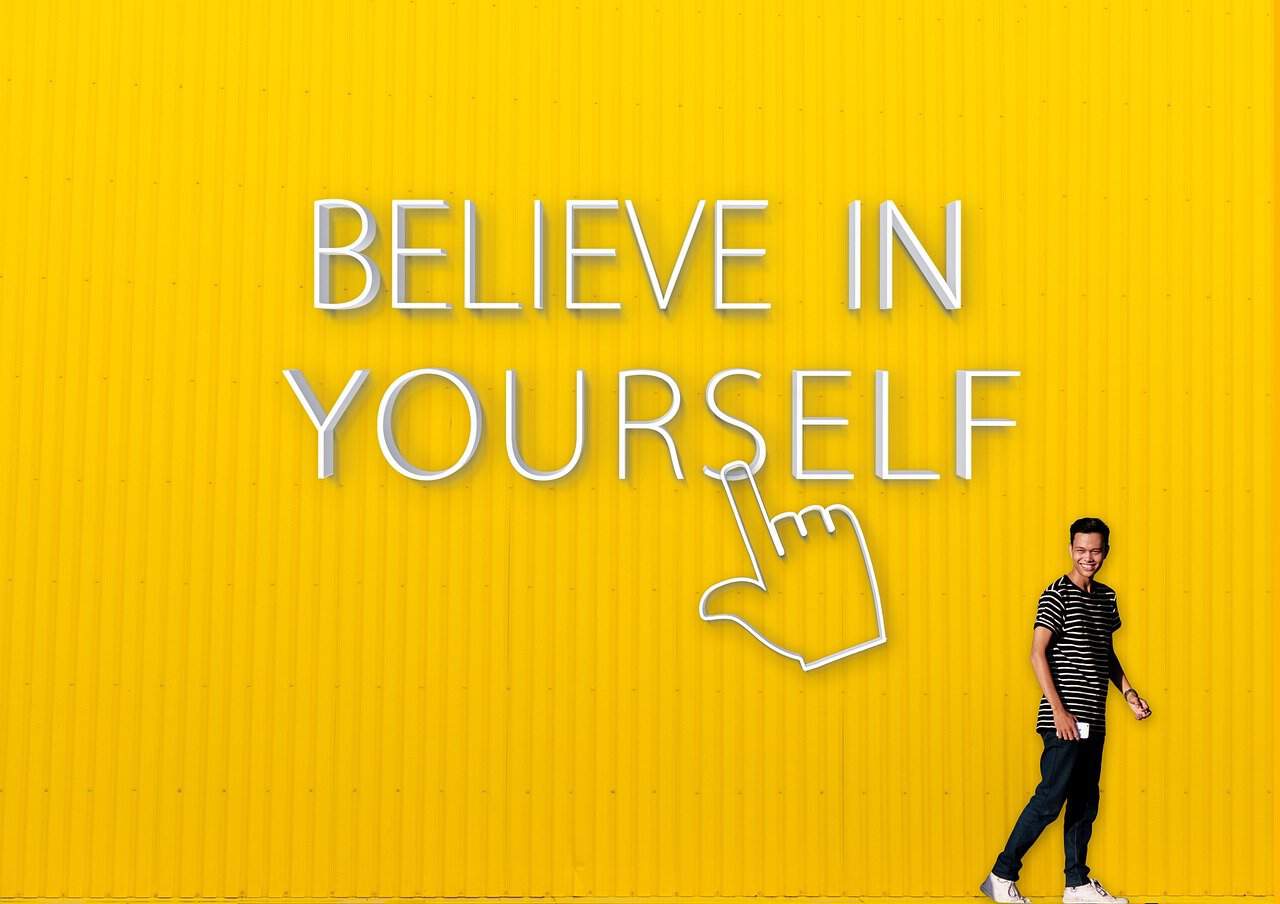Understanding Self-Esteem Through the Lens of Matthew McKay
Self-esteem plays a pivotal role in our overall well-being, influencing our happiness, relationships, and professional lives. It’s not merely about feeling good; it’s about developing a realistic and positive self-image. In this blog post, we will delve into the concept of self-esteem and explore the groundbreaking work of clinical psychologist Matthew McKay, whose invaluable insights can empower us to cultivate a healthier self-esteem.
The Importance of Self-Esteem
Self-esteem is how we perceive and value ourselves. It affects our motivations, attitudes, and behavior in various aspects of life. Low self-esteem can lead to anxiety, depression, and hinder personal growth. Conversely, high self-esteem fosters resilience, confidence, and healthier relationships. Understanding how self-esteem works is essential for personal development and overall happiness.
Insights from Matthew McKay
Matthew McKay has made significant contributions to the field of self-esteem through his writings and therapeutic practices. His book, Self-Esteem: A Proven Program of Cognitive Techniques for Assessing, Improving, and Maintaining Your Self-Esteem, provides evidence-based strategies to help readers understand and enhance their self-esteem.
Key Concepts in McKay's Work
-
Understanding Self-Esteem:
- McKay underscores that self-esteem is heavily influenced by past experiences and cognitive patterns. Recognizing how negative thoughts shape our self-worth is vital for growth.
-
Cognitive Restructuring:
- One of McKay's primary techniques is cognitive restructuring, which involves identifying and challenging negative thought patterns. By replacing these with more positive affirmations, individuals can change their self-perception.
-
Mastering the Inner Critic:
- The inner critic can be a formidable barrier to healthy self-esteem. McKay offers methods to quiet this critic, such as affirming one's worth and celebrating individual uniqueness.
-
Practical Exercises:
- McKay suggests practical exercises to enhance self-esteem, including listing personal strengths, reframing negative self-talk, and visualizing success. These techniques can help reshape how we see ourselves.
-
Building Resilience:
- Applying McKay’s Cognitive Behavioral Therapy (CBT) techniques equips individuals with the tools to withstand life’s challenges, reinforcing their sense of self-worth.
Practical Tips for Improving Self-Esteem
Now that we've explored Matthew McKay's foundational concepts, here are actionable strategies for improving self-esteem:
-
Accurate Self-Assessment:
- Take the time to list your positive and negative attributes. This exercise encourages a balanced self-view, essential for counteracting negative thoughts.
-
Challenge Negative Thoughts:
- Learn to identify negative self-talk and challenge it. Replace statements like “I am a failure” with “I made a mistake, but I can learn from it.”
-
Practice Self-Compassion:
- Approach yourself with kindness and understanding. Treat yourself as you would a close friend to foster emotional balance and self-acceptance.
-
Assert Your Worth:
- Establish healthy boundaries by asserting your needs. This practice not only builds self-esteem but also nurtures availability in relationships.
-
Celebrate Your Achievements:
- Regularly take stock of your accomplishments, no matter how small. Celebrating successes can reinforce a positive self-image.
Explore Additional Resources
For those interested in further exploring self-esteem, consider reading The Self-Esteem Companion by Matthew McKay and Patrick Fanning. This resource offers structured exercises that delve deeper into self-esteem enhancement.
Moreover, check out our blog post on 10 Proven Strategies to Increase Self-Esteem and Build Inner Confidence for practical tips and insights.
Conclusion
Improving self-esteem is a gradual journey that involves self-awareness, understanding cognitive patterns, and employing practical strategies. By embracing Matthew McKay's techniques, individuals can work toward a healthier self-image and a more fulfilling life. Remember that building self-esteem is not about attaining perfection—it's about accepting your full humanity with compassion and resilience.
Call to Action
Ready to take your self-esteem to the next level? Visit Self Confidence For Me for ebooks and courses designed to help you improve your self-confidence and transform your life. Start your journey towards a stronger sense of self today!
Next Steps
-
Conduct a Self-Assessment: Follow McKay's advice and create a detailed list of your strengths and weaknesses. This balanced view will provide a solid foundation for enhancing your self-esteem.
-
Challenge Your Inner Critic: Begin a daily practice of identifying negative thoughts. Use cognitive restructuring techniques by reframing statements like “I am not good enough” to “I am capable, and I am learning.”
-
Nurture Self-Compassion: Set aside time each day to engage in self-compassion exercises. Acknowledge your mistakes and treat yourself with the same kindness you would offer to a friend.
-
Set Healthy Boundaries: Reflect on your needs and boundaries in relationships. Practice assertiveness by communicating your needs clearly, reinforcing your self-worth and helping cultivate healthier interactions.
-
Celebrate Small Wins: Make it a habit to recognize and celebrate your achievements, no matter how minor they may seem. Begin a gratitude journal where you note your successes each week, cultivating a stronger positive self-image.
By following these steps, you'll begin to apply Matthew McKay's insightful techniques to your own life, gradually enhancing your self-esteem and overall well-being.
